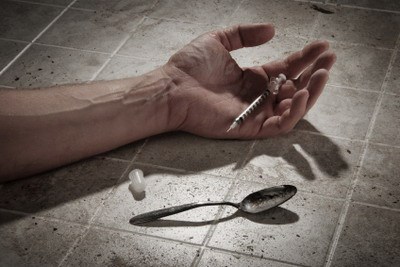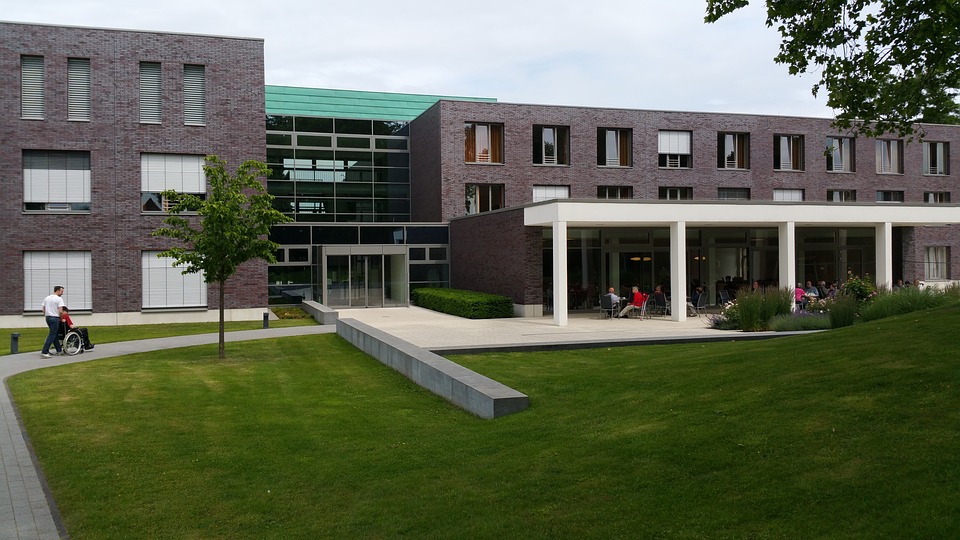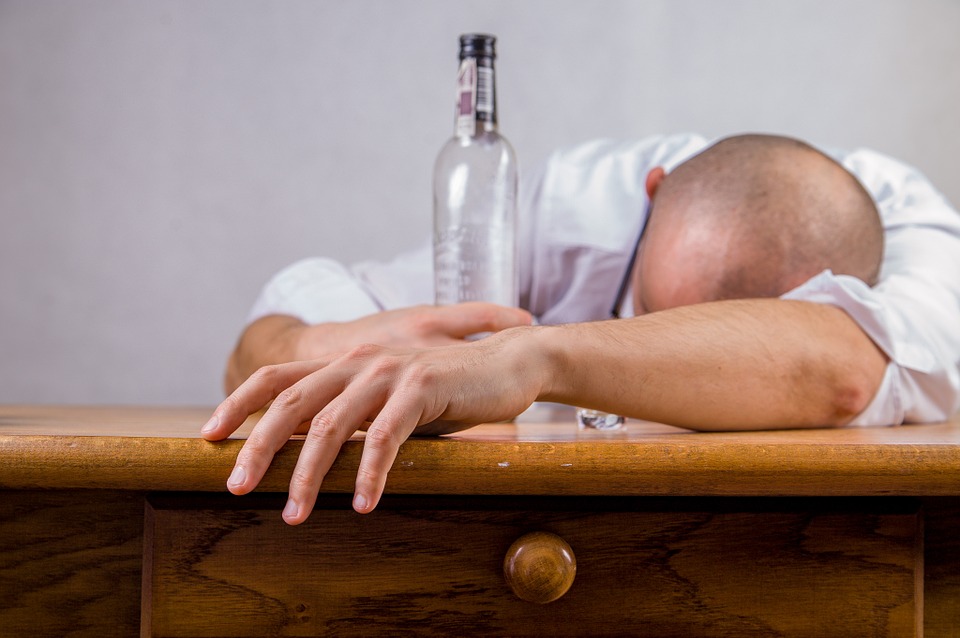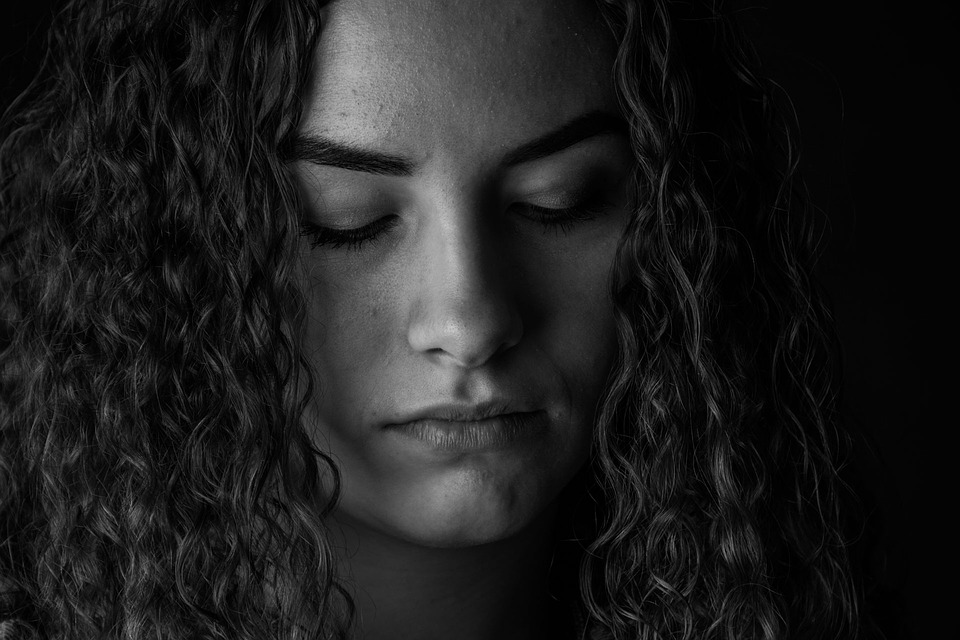Alcohol or drug rehabilitation is a process of medical or psychotherapeutic treatment for addictions. Addicts begin to face the consequences of their dependency on psychoactive substances such as alcohol, prescription drugs, and street drugs such as cocaine, heroin or amphetamines. These usually include psychological, legal, financial and social problems.
Professional drug and alcohol rehabs also assess the client for any co-occurring psychiatric issue. In case of dual diagnosis, it is critical that both issues are addressed concurrently by experts.
Addiction may also include gambling, eating disorders, internet addiction and sex obsessions.
Psychological dependency

Rehabilitation programs encourage addicts not only to stop using alcohol or other drugs but identify and change habits related to their addictions.
Types of behavioral therapy include:
- Cognitive-behavioral therapy: helps the addicts to recognize, avoid and cope with situations in which they are most likely to relapse.
- Family counseling: to support recovery of the patient by rebuilding relationships and improving family dynamics
- Motivational interviewing: which enhances the individual’s motivation to change behavior and comply with treatment
Addiction treatment – holistic is best

Since addition adversely affects all areas of the addict’s life – physical, psychological, social, and spiritual – a holistic program that addresses all areas is best for wholesome and lasting recovery.
There is scientific evidence since 1970 that indicates that effective treatment addresses the multiple needs of the individual rather than treating addiction alone.Moreover, medically assisted drug detoxification or alcohol detoxification (detox) alone is ineffective as a treatment for addiction. It is at best the first step toward the rehabilitation process. The National Institute on Drug Abuse (NIDA) recommends detoxification followed by both medication (where applicable) and behavioral therapy, followed by relapse prevention. According to NIDA, effective treatment must address medical and mental health areas and include follow-up options.
Successful rehabs also include family counseling since the loved ones are also affected and their healing is essential for the the overall well-being of the family unit.
Residential treatment
In-patient addiction treatment programs are popular because they are perhaps the most effective. A professional rehabilitation center provides all the services needed to support the individual’s recovery. Though 28-day programs are popular in the USA, this duration is more based on insurance companies’ policies rather that the real requirement. Today, 90-days is the Gold Standard. About 80% of rehabs in the US provide the proven 12-step therapy.
Choose carefully
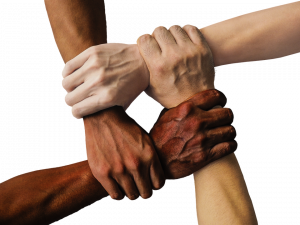
Hope Trust is a popular Asian destination for addiction recovery. Located in India, the facility was established in 2002. It has earned a global reputation for safe, effective and economical addiction treatment. It provides a holistic program that includes 12 steps, psychological tools such as CBT, Yoga, and Mindfulness with competent psychiatric/ medical back-ups. The program has proven to be effective also because of relapse prevention, aftercare and family support are incorporated.

